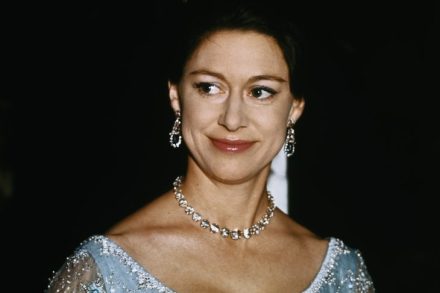Books of the Year | 9 November 2017
A.N. Wilson Elmet by Fiona Mozley (John Murray, £10.99). It is difficult to convey the full horror of this spellbinding first novel. The young author, a medievalist, presumably knows the no less violent Njál’s Saga. Elmet, though set in the modern age, concerns timeless protagonists who have contrived to live outside the normal modern settings. Dad is an ex-prisoner, who earns his living as a prize-fighter — at illegally organised, very bloody bare-knuckle fights. Somehow he and his children manage to build a house on land belonging to a sinister figure called Mr Price, without any bureaucrats from the local planning office materialising to ask what he is up to.











